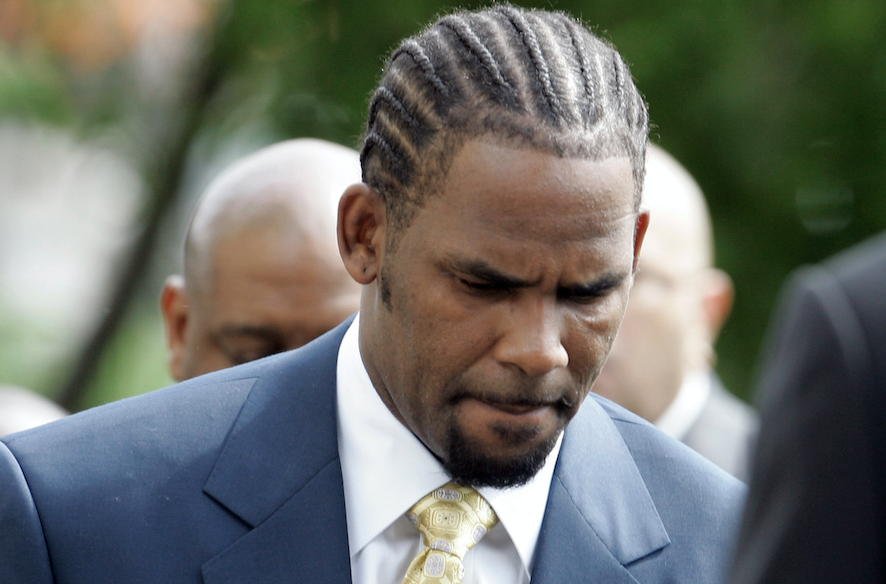For the past couple of months, I have been dragging, laying around, easily agitated, and secretly crying on cue. And, I couldn’t quite figure out why.
I have been a proud supporter of the Me Too movement and the brave women who have come forward to share their stories. I am even more encouraged witnessing the downfall and dishonor of powerful men who used their power and position to take advantage of women.
This week, on t the momentum of the Me Too movement, the "Surviving R. Kelly" docuseries by Dream Hampton continued a narrative of victimization by the powerful entertainer. Viewers, like myself, were angry and saddened that this victimization involved young minors, and that so many were aware and complicit in his predatory behavior. After watching all parts of the series, I found myself slightly numb.
As a sexual assault victim, who was also preyed on and taken advantage of by powerful older men, I am too aware that there are thousands of R. Kellys in our communities, homes, and religious institutions. These men and situations transcend race, culture, background, and environment. There are also many nameless and powerless men whose only power was destroying the soul and spirit of a woman. These stories remind me of my ultimate survival, but also open doors to revisit past traumas.
I am thriving, despite the abuse, because I have done the necessary self-care work with years of therapy, supportive friends and family, and self-help books and initiatives. But, there are so many who lack the resources and/or support to be able to successfully cope with his/her trauma. As blessed and positive as I am, I found myself slipping into a minor depression.
Conversations on social media platforms like Facebook expose peoples views and opinions about sexual abuse, the Me Too movement, and the R. Kelly series that may appall many victims and sympathizers of those victims. Although these conversations are helpful and bring relevant and important issues to light, they also increase the risk of PTSD in victims and reopen wounds that were once well managed. In recent research, psychologists are starting to recognize PTSD among victims of abuse (that was once only attributed to soldiers and military personnel).
Because of this PTSD, victims of abuse must practice self-care when triggers arise. I had to set up more therapy sessions, detox from social media from time to time, invest in more therapeutic writing, and spend time in meditation and prayer. I am constantly reminding myself that I am a survivor, no longer a victim. While finding power and inspiration in these stories, I realize it is important to protect my own peace. Survivors must be reminded that self-care is a daily process. We must be constantly reaffirmed of our value and commitment to our own well-being and self-love. In doing so, we become stronger, more well-equipped advocates for ourselves and others.
Blavitize your inbox! Join our daily newsletter for more fresh stories, perspectives, and breaking news.
